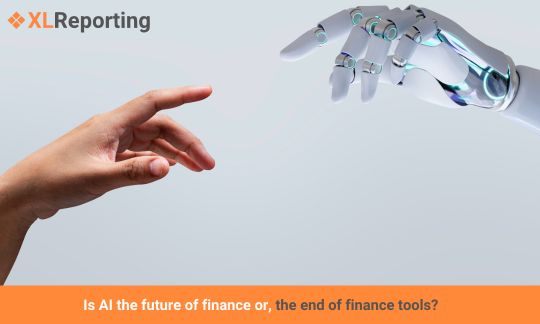
 Edgar de Wit
Edgar de Wit
When ING published an e-book calling on the accountancy profession to seriously embrace AI, we were intrigued (see "ING over AI in de accountancy").
Automation through AI seems to be the answer to the rising regulatory pressure, combined with an increase in talent shortages. But is it really, though?
In a related Linkedin post, Daniel Traynor described how he built an AI agent for his accounts payable department. The agent scans incoming emails, extracts invoices, checks them for the correct PO number, and saves them to a shared drive for processing. Of course, we would still have to do a quick review once a day or week or so, to check if there’s anything out of the ordinary, but if that’s all, that would mean a serious 90% reduction in manual work.
Ironically, perhaps jobs are not at risk here but even more so are the apps, which we use nowadays for said tasks.
AI has always been around in some form (after all, it's a broad term), but with AI assistants and agents becoming easier to use, even finance professionals without a tech background can now benefit.
We see this at XLReporting as well. We’ve introduced an AI Assistant that helps clean, organize, and enrich datasets. Say, you want to implement a new reporting structure on top of your existing chart of accounts. Our assistant analyzes your classifications and naming, then proposes and configures the new reporting layout.
You can also use AI inside your reporting process. For example, generate a consolidated report by cost center and then ask the AI Assistant to generate a 500-word commentary.
Yes, that is very impressive from an efficiency point of view, but what we were most intrigued by, are the new insights that surface.
Instead of riding the wave of fear that AI is replacing ‘us’, instead we like to view it as an analytical co-pilot, so to speak. After all, this is exactly what us financial professionals do best: Interpret, decide and lead.
Back to the listSchedule a Meeting with one of our Planning and Reporting Experts.
Let's Talk